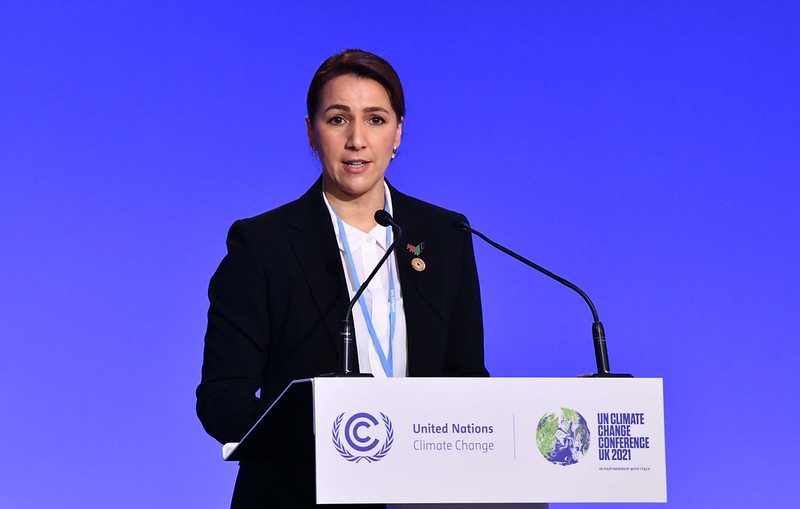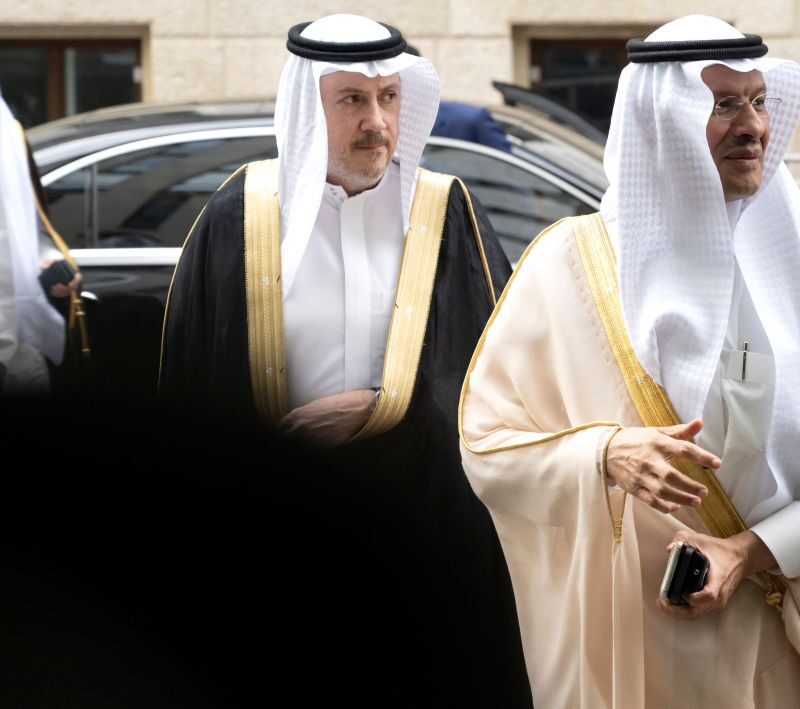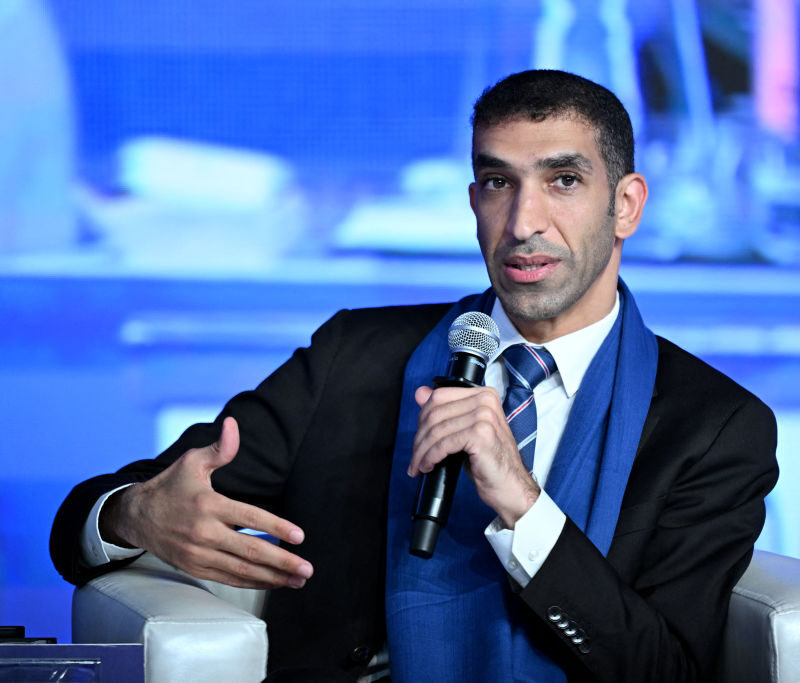
Justin Goff/UK Government
The first UAE minister to visit Israel got her start on climate change while scuba diving
Mariam AlMheiri, the Emirati minister of climate change and the environment, wants to spur faster innovation in sustainable technology — and sees Israel as a guide and partner
When Mariam bint Mohammed AlMheiri landed in Tel Aviv last year, she didn’t know what to expect. A serial startup founder and environmentalist, AlMheiri is used to experimenting and exploring. But as the first United Arab Emirates minister to...



